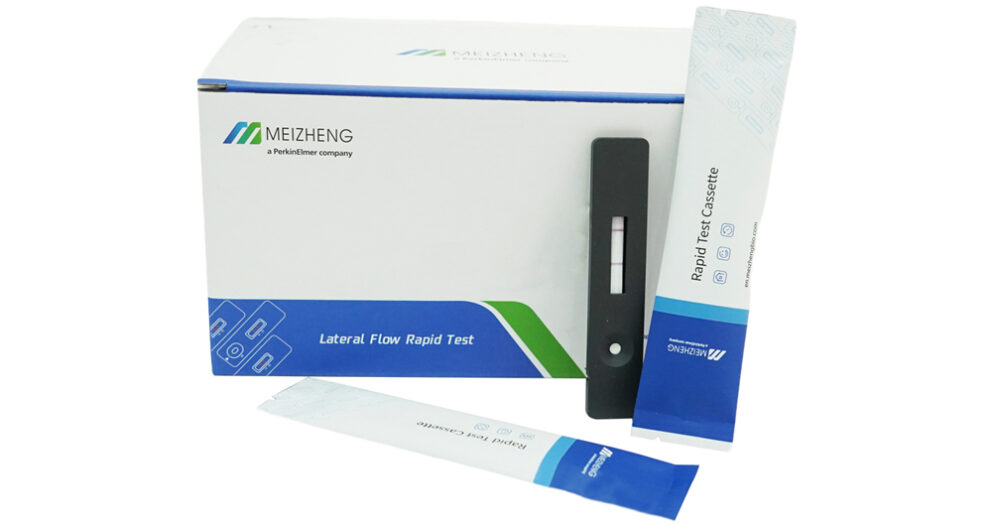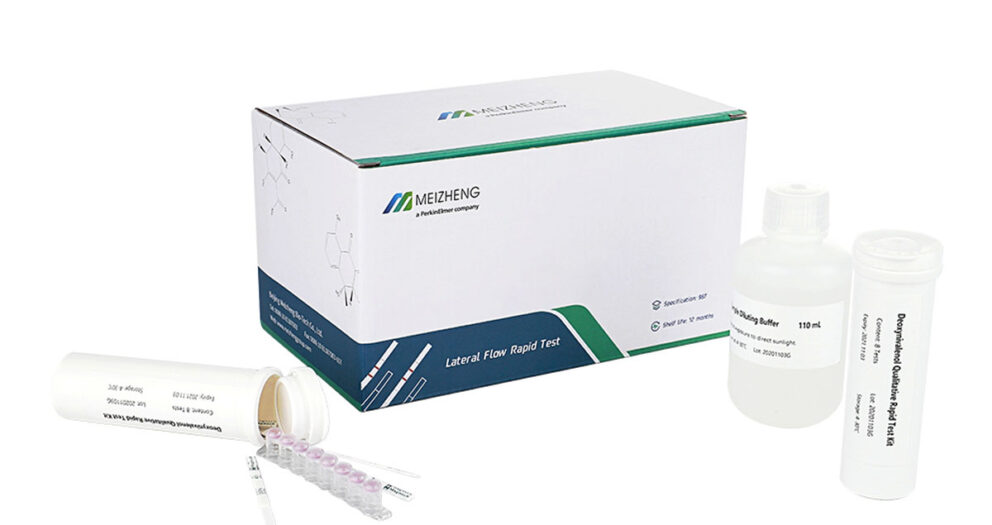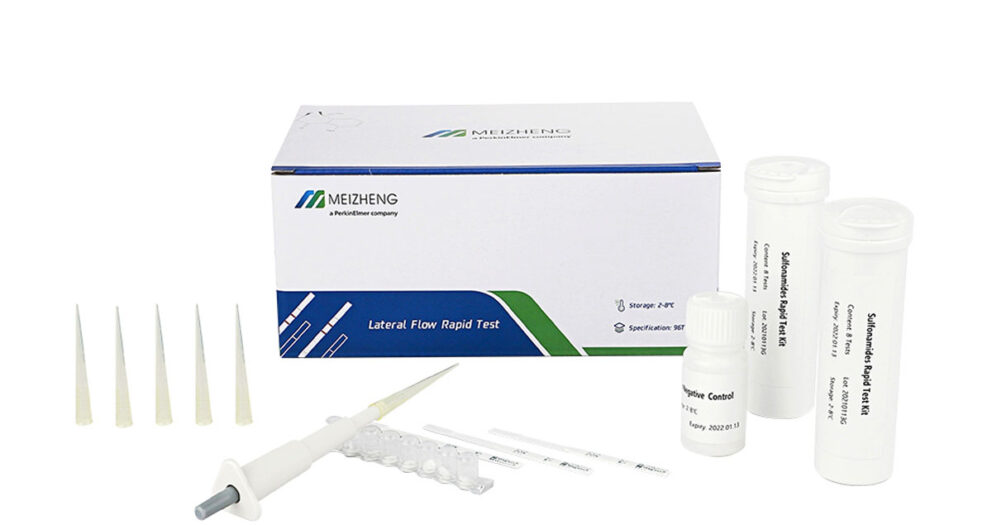Walnuts are a type of nuts.
Because walnuts are rich in fat and high in calories, some people worry that eating walnuts is not conducive to weight loss.
Conversely, others claim that eating walnuts not only promotes weight loss, but also improves cardiovascular health and even reduces the risk of cancer.
In the mainland folk, there is even a saying that “walnuts nourish the brain”, but there is no scientific basis. Although walnuts are not a brain booster, they are indeed a nutritious nut.
Nutrient content of walnuts
In the nutritional content of walnuts, fat accounts for about 65%, protein accounts for about 15%, and the proportion of carbohydrates is very low, and most of the carbohydrates are dietary fiber.
In general, the nutritional content of a 30g serving of walnuts is as follows
Protein: 4.3g; Carbohydrate: 3.9g; Dietary Fiber: 1.9g; Natural Sugar: 0.7g; Fat: 18.5g
fat in walnuts
By serving, 65 percent of a walnut serving is fat.
Like other nuts, most of the calories in walnuts come from fat, which means walnuts are an energy-dense, high-calorie food.
Because walnuts are extremely high in calories, some people worry that eating walnuts is not conducive to weight loss.
However, existing research has found that adding walnuts to your diet does not increase the risk of obesity, and may instead help you lose weight.
For example, in a 12-week scientific trial, 61 healthy volunteers alternated between a high-nut diet versus a nut-free diet (calories provided by nuts on a high-nut diet stood at 15-20% of total daily calorie intake). ). Although the high-nut diet contained 10% more total calories than the nut-free diet, the volunteers on the high-nut diet did not become more obese. On the contrary, the scientists found that the monounsaturated fatty acids in nuts decreased the volunteers’ body fat percentage.
In addition to monounsaturated fatty acids, walnuts also contain another healthy fatty acid, alpha-linolenic acid (ALA), an omega-3 fatty acid that makes up about 8-14% of the total fat in walnuts.
In fact, walnuts are a type of nut that contains a lot of alpha-linolenic acid (ALA).
Alpha-linolenic acid (ALA) is a precursor to EPA and DHA, and these fatty acids have been linked to a variety of health benefits, such as improving blood lipids, reducing inflammation, protecting heart health, and more.
Vitamins and Minerals in Walnuts
Walnuts are rich in many vitamins and minerals, such as:
Copper: Copper promotes heart health and helps keep bones, nerves, and the immune system functioning.
Folic acid: Folic acid, also known as vitamin B9, has a variety of health benefits. If pregnant women have insufficient folic acid intake during pregnancy, it may lead to mental retardation in the fetus in the womb.
Phosphorus: Phosphorus accounts for about 1% of the human body. It is mainly found in bones and plays a variety of biological functions.
Vitamin B6: This vitamin helps protect nerve health and enhances the function of the immune system. Vitamin B6 deficiency may lead to anemia.
Vitamin E: Compared with other nuts, walnuts contain a special form of vitamin E, gamma-tocopherol, whose plasma levels can be used as a risk marker for cancer and cardiovascular disease.
Antioxidants in Walnuts
Walnuts are rich in antioxidants, and these antioxidants are mainly concentrated on the brown walnut inner skin.
In fact, one study looked at the antioxidant content of 1,113 common foods in the United States and found that walnuts came in second in overall antioxidant content.
Some of the common antioxidants in walnuts contain—
Cellulose: This antioxidant is abundant in walnuts and cellulase, which reduces the risk of heart disease and cancer.
Catechins: Catechins are flavonoid antioxidants that may have several health benefits, including promoting heart health.
Melatonin: Melatonin helps regulate your biological clock, reducing the risk of heart disease, cancer, obesity and many other diseases.
Phytic acid: Phytic acid is also a healthy antioxidant, although it prevents the body from absorbing iron and zinc from food.
View more quality Nutrients Test Kits.







